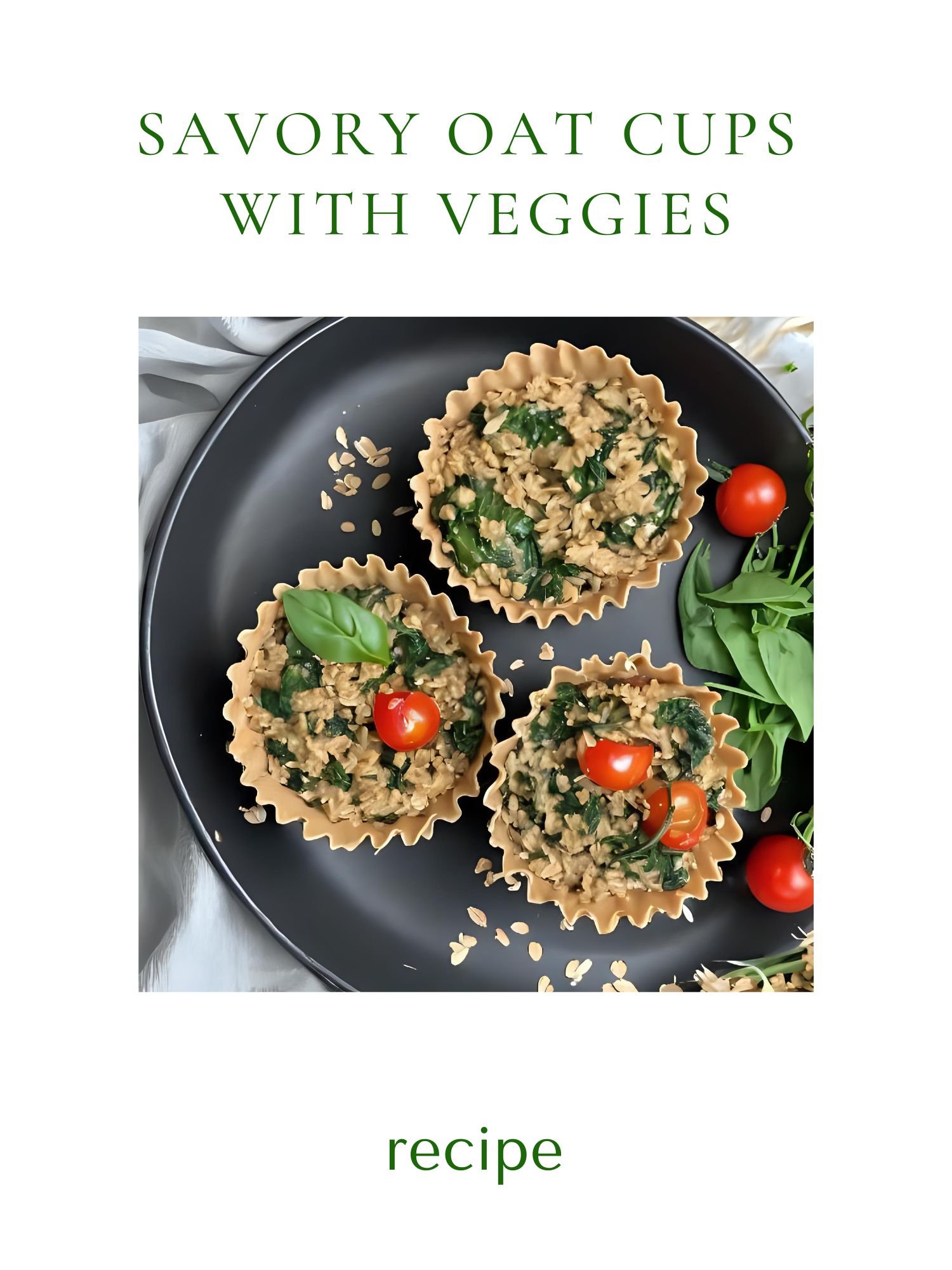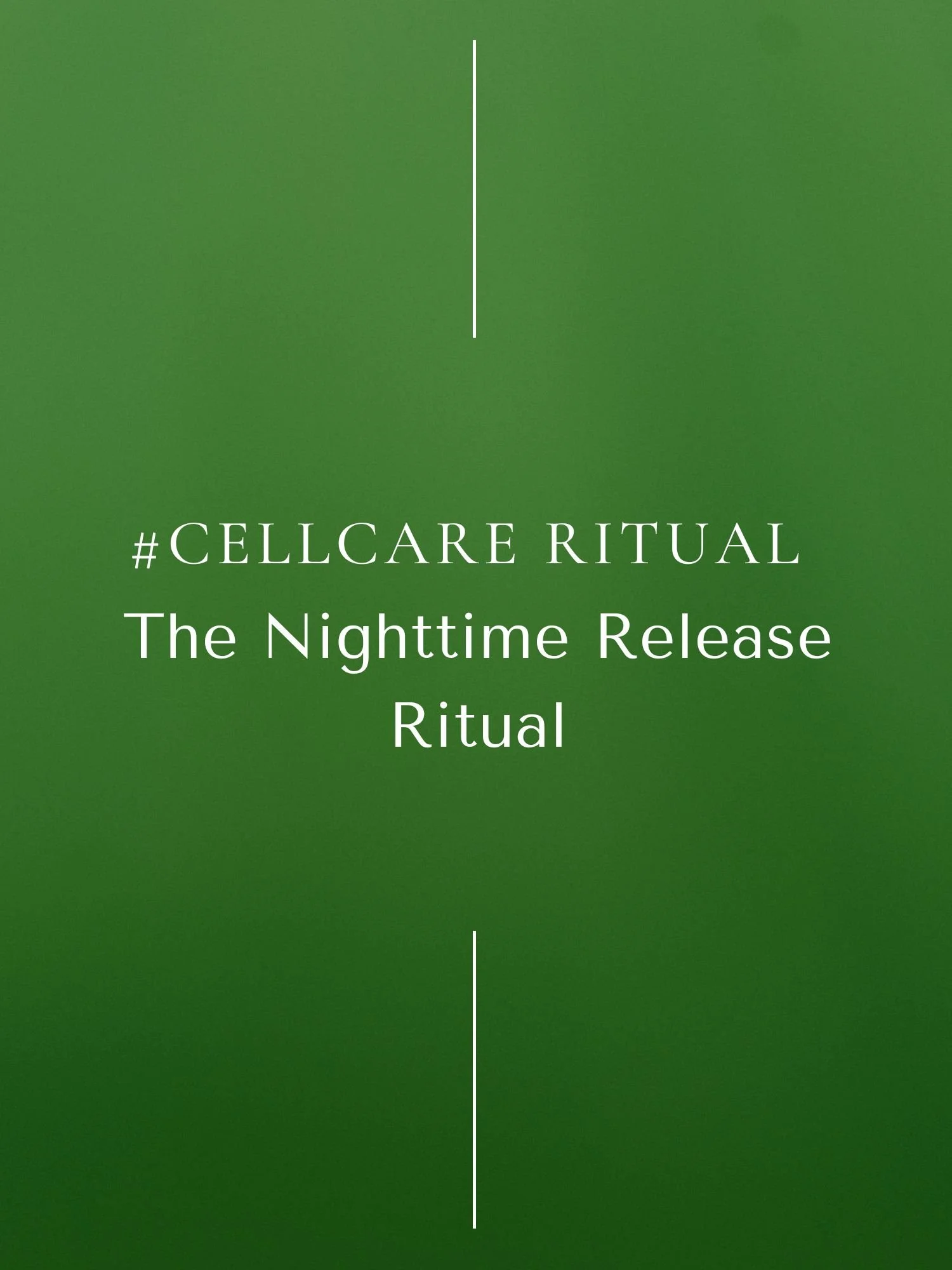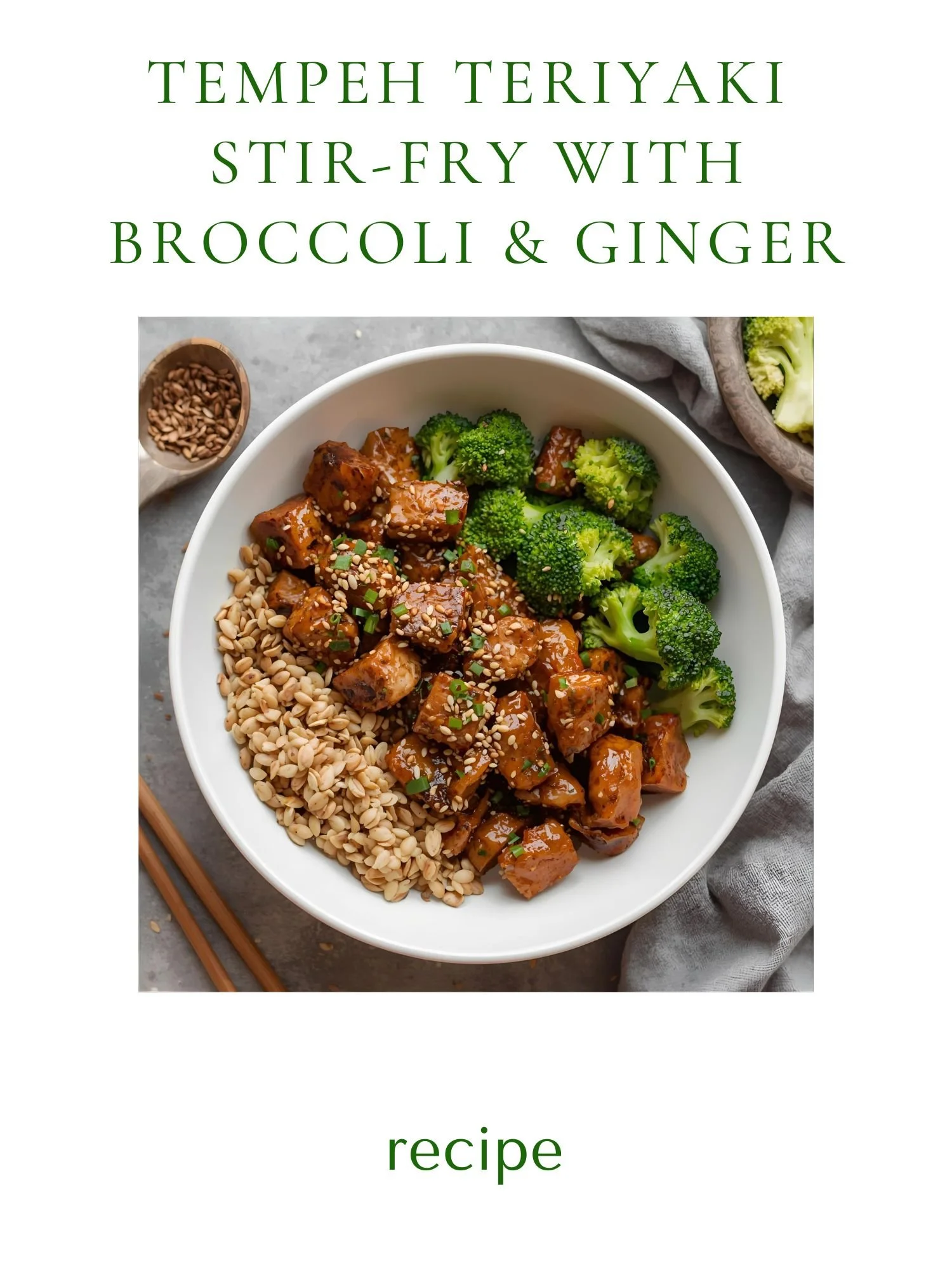Why A Plant Based Whole Food Diet Could Be The Fountain Of Youth
You might be reading this article, thinking, "Phytonutrients? What are they?"
Well, they're the compounds that make plants so crucial to our health. Phytonutrients can help slow down the aging process and boost your immune system. They also help your body function properly and protect itself from illness, disease, and aging. And the more phytonutrients you consume—from fruits, vegetables, grains, and legumes—the slower the aging process will be for you!
Phytonutrients are compounds that occur naturally in plants, including fruits, vegetables, grains, legumes, nuts, and tea.
Phytonutrients include a wide variety of compounds such as carotenoids (for example beta-carotene), flavonoids (for example, quercetin), phenols (for example, curcumin), lignans (for example, sesamin), and saponins (for example, hederacoside).
Phytonutrients are not only good for you; they also help protect against disease. In addition, they can be powerful antioxidants that help slow the aging process and prevent chronic conditions like heart disease and cancer.
In addition to the health benefits of phytonutrients, they can also help prevent cancer. They do this by blocking the formation of free radicals that can cause cell mutations and cancer.
ARTICLE CONTINUES BELOW
Phytonutrients can boost our immune system and cellular health.
Phytonutrients, the plant-based nutrients that make our food colorful, are naturally occurring antioxidants. Antioxidants protect us from free radicals, which are unstable molecules in the body that damage cells. When you have too many free radicals floating around and not enough antioxidants to counteract them, this damage can lead to all sorts of health problems, including heart disease, cancer, and premature aging.
Phytonutrients also help prevent oxidative stress—another type of harmful reaction caused by excess free radicals in the body. Oxidative stress accelerates cell damage and may contribute to a variety of serious diseases like Alzheimer's disease and Parkinson's disease as well as other conditions associated with aging such as arthritis or cataracts (clouding of the eye lens).
In addition to the many health benefits of antioxidants and other phytonutrients, plant-based foods are also fiber-rich. Fiber helps keep us regular, helps lower cholesterol levels and makes us feel fuller.
All of these factors contribute to a healthier body, mind and spirit.
Phytonutrients can help our bodies function properly.
Phytonutrients are plant chemicals that can help your body function properly. They assist with energy production, nutrient absorption, communication between cells, and fighting off infections—all of which contribute to a healthy lifestyle.
We have an innate desire for sweetness, so it's no surprise that phytonutrients are found in high concentrations in fruits and vegetables. But did you know that many nuts also contain beneficial phytonutrients? In fact, walnuts contain the highest concentration of antioxidants out of any nut!
Because phytonutrients have such a positive effect on our bodies, it's important to include them as part of a healthy diet. If you're not already consuming these foods regularly: try adding them into your diet today!
Eating a healthy diet is an important part of living a long and happy life. The foods you eat can affect your health in many ways, including how you feel, how much energy you have, and even how well your body functions.
Phytonutrients can help your body protect itself from illness, disease, and aging.
Phytonutrients can help your body fight off illness and disease. They also protect against aging by slowing down the oxidation process in cells. Phytonutrients are plant compounds that occur naturally in fruits, vegetables, grains, legumes, and nuts. To increase the amount of phytonutrients you consume daily, make sure you eat a wide variety of fruits, vegetables, grains, and legumes daily. You should also consider drinking tea regularly because it has high levels of polyphenols (a type of phytonutrient).
The human body is made up of trillions of cells. These cells need to function correctly in order for you to stay healthy and feel good. When these cells become damaged or diseased, it can lead to serious health problems such as heart disease, cancer and diabetes.
The more phytonutrients you consume, the slower your aging process will be.
The more phytonutrients you consume, the slower your aging process will be. Phytonutrients are antioxidants that fight free radicals, oxidative stress, and disease. They also help to slow down the aging process by fighting damage caused by free radicals in our bodies. Free radicals can cause damage to cells in your body which leads to premature signs of aging such as wrinkles or age spots on your face.
Free radicals are produced in the body as a result of normal metabolic processes. They can be generated by exposure to sunlight, cigarette smoke, pollutants, stress and diet.
Here are some easy ways to incorporate more phytonutrients into your diet
Eat a variety of fruits and vegetables, whole grains, nuts, and seeds.
Drink green tea or other types of tea on a regular basis
Don't eat processed foods.
Cook at home using fresh ingredients whenever you can!
Limit fast food, soda, and sugary drinks to one meal a week—if that! This may be the hardest habit to break, but it's worth it: if you're going out for dinner often or feel like you're relying on takeout every night, try cooking more at home instead! In fact, cooking at home is one of the easiest ways to boost your intake of phytonutrients in general—and by making just one simple change like this, you'll probably see big changes in how quickly your body ages over time (it's not just about looking younger).
Your body will thank you later when it doesn't have to work so hard fighting off diseases with each passing year (and who wants that anyway?).
Eat the rainbow (ROYGBIV) of plants!
There is something captivating about rainbows. People often pull out their cameras when they spot one, and they talk to each other about its beauty after they see it. Over the centuries and millennia, rainbows have taken on symbolic meaning. However, I want you to envision a pot of gold at the end of a rainbow as your fountain of youth. When you think of this fountain of youth, how will you remember it? It's time to introduce you to someone who will become your best friend when it comes to remembering the rainbow colors. He goes by the name Roy G. Biv. While it may sound silly, Roy G. Biv is actually just an acronym for colors you need to memorize. Let's take a closer look at it.
Red Plant Foods -- Anthocyanins and lycopene are powerful antioxidants found in red foods that help combat free-radicals. The anti-inflammatory properties of these foods contribute to a healthy heart, better memory, and lowered risk of cancer. Lycopene, a carotenoid, is renowned for its ability to lower blood pressure, reducing the risk of heart disease and stroke. Take advantage of the health benefits of red plant foods such as tomatoes, red peppers, beets, pomegranates, raspberries, and red onions.
Red foods can be enjoyed in the following ways:
Stuffed red peppers
Pickled red onions
Add pomegranates and raspberries to your chia pudding
Make a homemade tomatoes sauce and drizzle over zuchinni noodles
Orange and Yellow Plant Foods -- These colorful foods contain several antioxidants, including vitamin C as well as carotenoids and bioflavonoids. Including foods that contain oranges and yellows is beneficial because they provide alpha and beta carotene, which gets converted into vitamin A and functions as an antioxidant to support the immune system, eye health, and may help prevent heart disease.
In addition, carotenoids help reduce the risk of a variety of cancers including lung, stomach, bladder, and breast cancers. Last but not least, bioflavonoids work together with Vitamin C to increase immune function.
Among yellow/orange nutrient-rich plant foods are pumpkin, mangoes, pineapple, oranges, yellow and orange peppers, sweet potatoes, carrots, and squash. Yellow spices such as turmeric, ginger, saffron, cinnamon, and paprika should not be overlooked. In particular, turmeric may help boost memory due to its anti-inflammatory properties.
Orange/yellow foods can be enjoyed in the following ways:
Pumpkin soup – check out my recipe
Turmeric (golden) Latte – check out my recipe
Sweet potato bar with all the toppings
Mango-Pineapple tropical island smoothie
Oranges and carrot slivers in your kale salad
Green Plant Foods -- Sulforaphane and glucosinolate are found in green plant foods, which may help protect the body against harmful carcinogens. In addition, they contain an antioxidant called lutein, which promotes healthy vision and skin, as well as reducing the risk of cardiovascular disease by slowing down the thickening of arteries.Lutein may keep certain signs of aging at bay, such as memory loss, confusion, lack of coordination, and more. Among the green foods to consider are avocados, spinach, cabbage, kale, kiwi, broccoli, celery, okra, Brussel sprouts and asparagus Don't forget the green herbs like cilantro, basil, and parsley.
Green foods can be enjoyed in the following ways:
Hide spinach in your smoothie (you will never taste it)
Make a green sauce with cilantro, parsley, or basil to drizzle over your veggies
Mash avocado inside your next wrap or sandwich
Roast asparagus and Brussels sprouts in the oven
Blue/Indigo/Violet Plant Foods - These colorful fruits and vegetables contain compounds called anthocyanins, which have been shown to boost mood. Anthocyanins, which are present in blue foods, may increase the production of mood-improving molecules such as serotonin and dopamine. According to a recent study, children and young adults who drank blueberry juice within two hours had a much more positive mood. Furthermore, these royal-like foods can improve memory and focus. The consumption of these deep-colored veggies can lower your risk of heart disease and help prevent memory loss. Moreover, flavonoids have also been shown to reduce the risk of cancer. Purple sweet potatoes, purple eggplants, purple cabbages, purple asparagus, blueberries, blackberries, elderberries, grapes, and plums are some of these blue/indigo/violet plant foods.
Blue/indigo/violet foods can be enjoyed in the following ways:
Make purple sweet potato homemade potato chips
Sprinkle purple cabbage on your tacos or salad
Make a quick jam with blueberries, blackberries, and elderberries, and top on your oatmeal
When we eat the rainbow, we support a diverse diet and nurture our gut microbiome, which helps facilitate gut health, preventing constipation and bloating, and even improving our moods.
The Fountain Of Youth Could Be Found In A Plant Based Whole Food Diet
While it is important to remember that there is no “magic bullet” when slowing down the aging process, phytonutrients can undoubtedly help. Moreover, they are an excellent way for us all to get more of these potent compounds into our bodies so that we can protect ourselves from disease and enjoy healthier lives overall.
MAKE A DIFFERENCE BY SHARING THIS ARTICLE WITH OTHERS TO ENCOURAGE WELLBEING ⤵
The information on this website has not been evaluated by the Food & Drug Administration or any other medical body. We do not aim to diagnose, treat, cure or prevent any illness or disease. Information is shared for educational purposes only. You must consult your doctor before acting on any content on this website, especially if you are pregnant, nursing, taking medication, or have a medical condition. Our content may include products that have been independently chosen and recommended by Dr. Monisha Bhanote and our editors. We may earn a small commission if you purchase something mentioned in this article.
YOU MAY ALSO LIKE:
by Dr. Monisha Bhanote
✅ EVIDENCE-INFORMED REVIEWED ARTICLE












